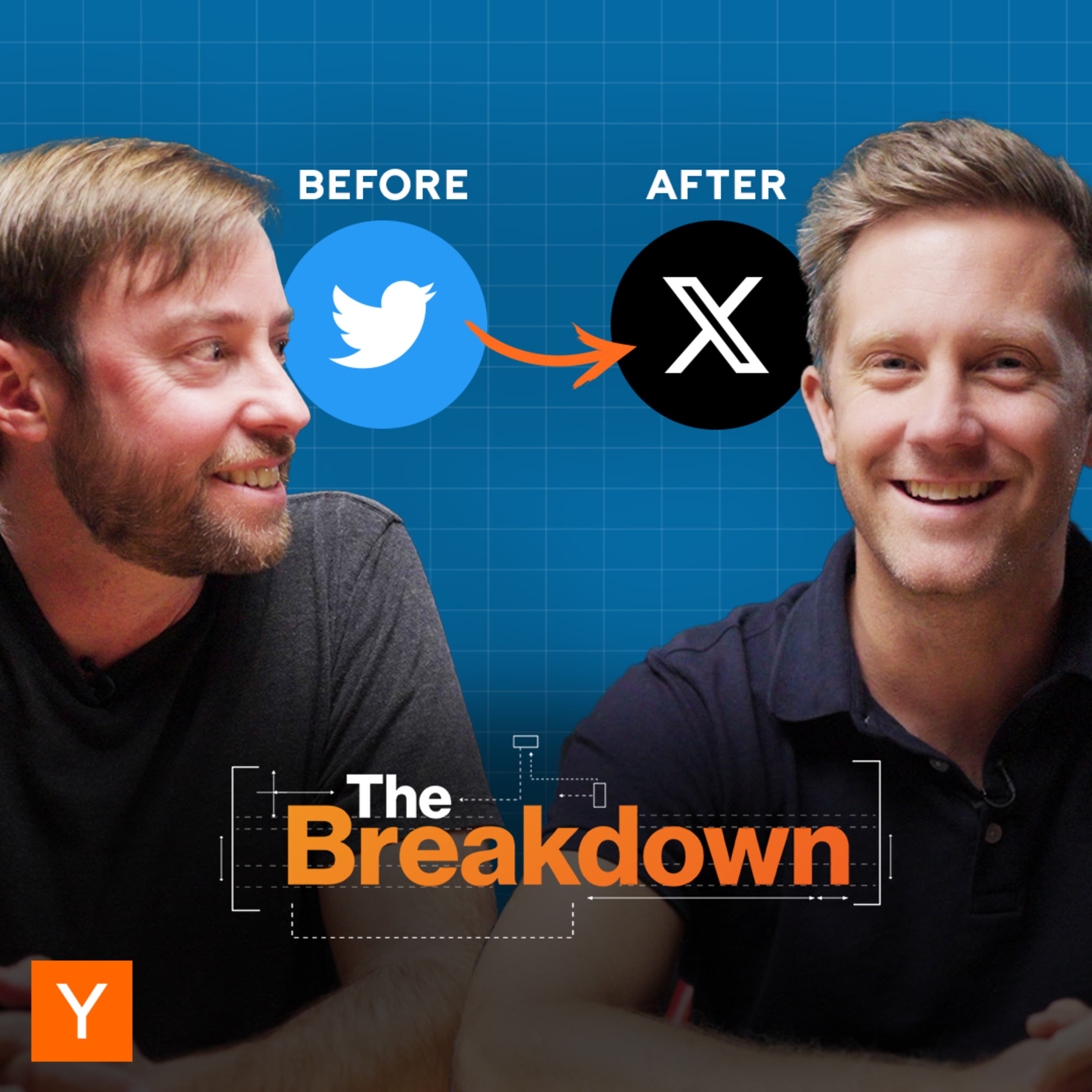
October 14, 2024
When Should You Trust Your Gut? | Dalton & Michael Podcast
In a recent episode of Dalton Plus Michael, a podcast that dives deep into the intricacies of startup culture, the hosts grappled with a question that every founder ponders at some point: When to trust your gut? The conversation was a deep exploration of the intersection between expertise, instinct, and the startup journey.
Exploring Two Common Startup Scenarios
Dalton and Michael, the hosts, initiated the conversation by discussing two common scenarios they often encounter at YC. The first involves a founder who has created something valuable within a company, and decides to branch out, hoping to productize their creation. The second scenario involves young, bright, technical individuals fresh out of college, eager to start a startup but unsure of what to work on.
In both scenarios, the question of trusting one's gut is paramount. As Michael put it,
"General advice doesn't apply. Well, to these two cases. We are admitting that you actually need bespoke advice depending on which category you're in."
Understanding the Spectrum of 'Trusting Your Gut'
The hosts then delved into the concept of 'trusting your gut,' which they described as a spectrum. On one end, you have the 'Steve Jobs' approach, where a founder, driven by their unique vision and taste, creates something entirely new without seeking external input. On the other end, you have founders who believe they know nothing and rely solely on customer feedback to drive their ideas.
Dalton and Michael argue that the key to knowing when to trust your gut lies in understanding your level of expertise. If you're an expert in your field, have a deep understanding of the problem you're solving, and have a track record of creating value, then trusting your gut might be the right approach. As Dalton puts it,
"Make something that would impress you...make something that you would be proud of."
However, if you're a founder with little to no experience in the industry you're venturing into, the hosts suggest that trusting your gut might not be the best approach. In such cases, it's crucial to be open-minded, start simple, and learn on the fly.
The Role of Expertise in Startup Success
Expanding on this point, the hosts emphasized that it's perfectly okay not to have a ton of expertise when starting.
"Most folks that we fund, most folks who get into YC don't have a ton of expertise. That is totally fine," they said.
It's more important to admit your lack of expertise to yourself and be willing to learn within the idea space that you've chosen. They also suggested that it might be helpful to choose an area that you're excited to learn about, as you'll have a lot of learning to do. They cautioned against choosing an area just because you think it will raise money, but rather, choose something that genuinely interests you.
The Importance of Self-Awareness and Flexibility
The hosts wrapped up the conversation by emphasizing that there's no right or wrong path. Whether you're bringing expertise or building it, the key is to be self-aware, implement a plan based on your knowledge level, and remain flexible.
This enlightening conversation is a must-listen for any startup founder grappling with the question of when to trust their gut. As Dalton and Michael aptly put it,
"Be self-conscious of whether you're bringing expertise or building expertise and then implement a plan based on that."
Tune into the full episode for more insights and anecdotes from the hosts' experiences working with startup founders at YC. The hosts' unique perspective on startup culture and their ability to provide bespoke advice make this episode a must-listen for any aspiring founder.
Key Takeaways
- Trusting your gut as a startup founder is a spectrum; knowing where you fall on this spectrum is crucial for decision-making.
- The level of your expertise plays a critical role in determining whether to trust your gut or seek external input.
- It's okay to start a startup with little to no expertise, as long as you are open-minded and willing to learn.
- Always choose an area that genuinely interests you and not just because you think it will raise money.
- Whether you're bringing expertise or building it, being self-aware and flexible is key to startup success.

